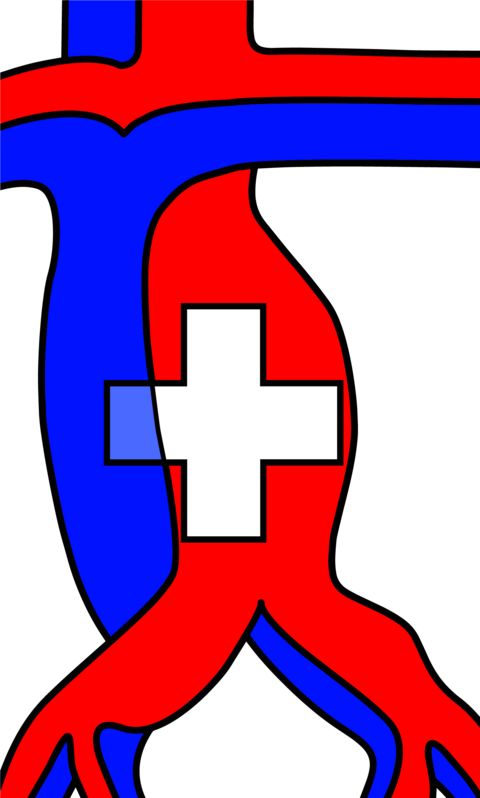Dear Esteemed Colleagues,
Medical errors still happen at a startling rate despite our best efforts, causing occasionally patient harm. As a flight response, it is easy to point the finger or ignore these mistakes; but we have to face them squarely and welcome a culture of learning and development (as a fight response).
First and most importantly, we must accept that, in human terms— and in our circumstances being surgeons— failure is inevitable. None of us are perfect; professing otherwise just helps to reinforce a society of shame and silence by means of our errors. Rather, we have to create a setting where surgeons feel more comfortable with our own humanity and own our errors, share our knowledge, and grow together.
Solving structural, systematic issues of our healthcare system (understaffing, faulty techniques, lack of consistent standardized operating procedures, poor resources) and analyzing communicational and interactional pitfalls would help to establish safer, more effective working conditions for surgeons as well as the circumstances for patients.
Because of time issues, or out of fear of repercussions, too often errors go unreported or un-/or underdiscussed. We as peers and a community must provide training, education and role modeling to overcome the lack of transparency. We can lower the possibility of errors and increase patient safety by providing surgeons with better tools and information they need to negotiate challenging surgical environments.
In the end, errors should be chances for learning, development and improvement rather than causes of guilt or shame. Embracing a culture of learning, openness, and responsibility will help us to build safer, more compassionate surgical procedures that give our patients' – and our own - well-being top priority.
With this editorial focus, we aim to support the ongoing conversation and highlight some exciting news, research, and ideas to better understand errors and learn from them for the benefit of our future patients and ourselves. Topics include the intersection of surgery and law, distinguishing between different types of errors including medicolegal aspects, and discussing outcome reporting that illustrates the potential of complication classification. We also share experiences from M&M meetings and offer guidance on improving those by learning from the past to shape a better future.









